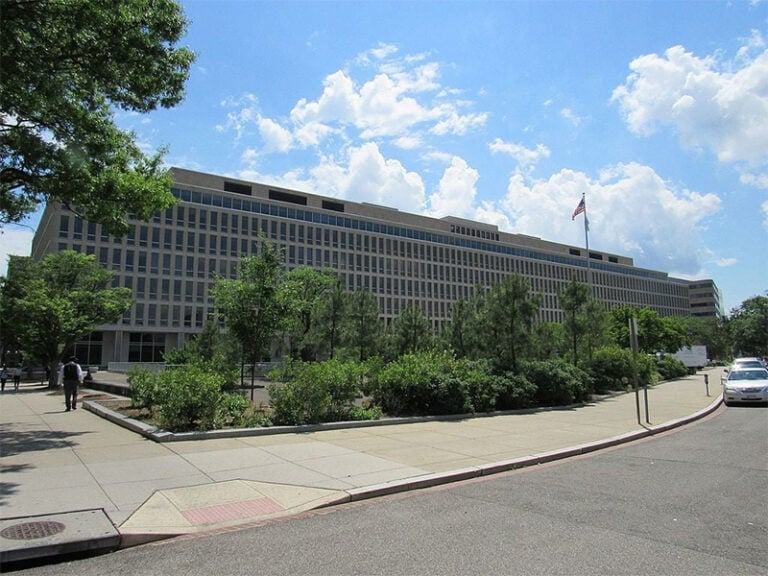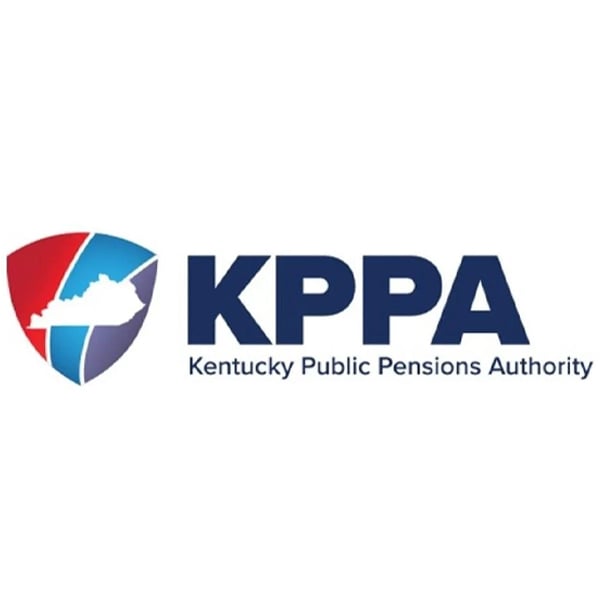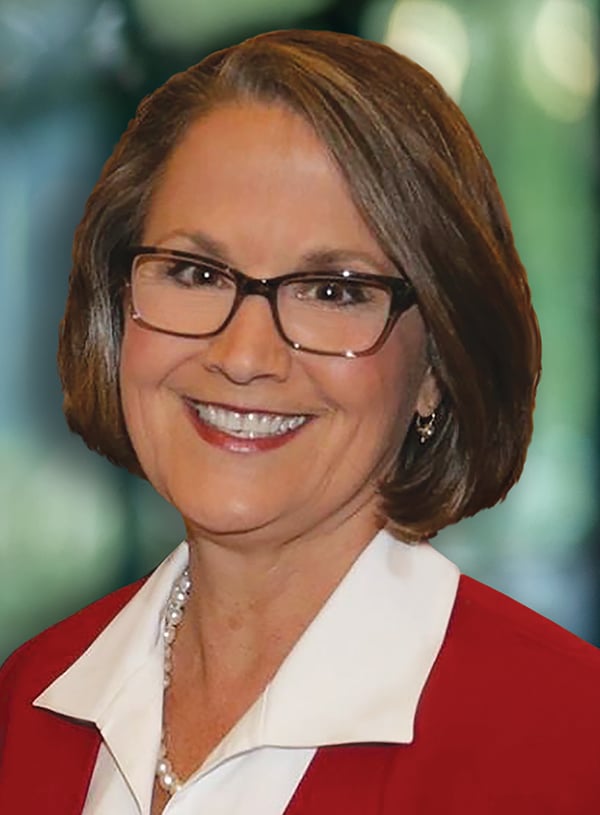The world is an insecure place. Even as we continue — and hopefully finish — a fight against a global pandemic, there’s military conflict overseas. While we have to face those challenges, we can’t forget about underlying crises that connect to these challenges, including one right here in Kentucky: food insecurity that’s exacerbating a serious childhood obesity epidemic.
This is a problem that creates significant health costs, diminishes quality of life, and also directly impacts our military readiness. Right now, 31 percent of Americans between 17 and 24 don’t meet core military eligibility requirements due to obesity, a form of malnutrition often caused by food insecurity. Here in Kentucky, 37 percent of adults and 24 percent of children ages 10-17 were obese in 2020— matters have likely gotten worse as a result of the pandemic.
We must take corrective steps, including state and federal actions to support proven nutrition programs that give young people reliable access to fresh, nutritious foods. I’m a member of Mission: Readiness, a national organization of almost 800 retired generals and admirals who are committed to solving this problem.

We issued a report in 2020 on the challenges in Kentucky, A Fresh Start for Kentucky Kids: Increasing access to fresh and nutritious food can help strengthen national security. It found an unacceptable 72 percent of youth between the ages of 17 and 24 in Kentucky cannot serve in the military due to issues such as lack of education, a record of crime or substance abuse, or medical disqualifiers; slightly higher than the national rate of 71 percent. Obesity is one of the main medical disqualifiers, and rates of obesity among young people are rising.
Leaders of our state’s food security infrastructure joined with me earlier this year in a roundtable discussion about nutritional challenges here in Kentucky. The facts are stark. During the roundtable, Michael Halligan, the CEO of God’s Pantry Food Bank in Lexington, noted that more than 20 percent of young people 18 and under in Central and Eastern Kentucky were food insecure as of 2019, before the start of the pandemic.
There are important steps we can take to reduce the size of this problem. Congress hasn’t reauthorized federal child nutrition programs since 2010. We know more now than we did then about how to maximize the impact of those programs. This reauthorization is the exact type of bipartisan work that Congress should get finished.
Another important step: At our event, No Kid Hungry Kentucky’s Kate McDonald worried that important USDA waivers may expire in June. These waivers helped our communities provide healthy meals to young people during the pandemic. I urge Congress to get those waivers extended.
We also need to expand efforts that work. Martin Richards, who runs Kentucky’s Community Farm Alliance, highlights the Kentucky Double Dollars program his organization partnered to launch in 2017. The program enables recipients of federal nutrition assistance programs to get discounted fresh produce at farmer’s markets throughout Kentucky. The return on investment of that program is more than eight-to-one.
These steps will enable more kids to grow up healthy and prepared for careers, including military service if that is their chosen path. We must take sensible action to make progress. Our children’s futures — and our national security — depend on it.
Major General (Ret.) Michael Davidson, U.S. Army, is a Kentucky resident, a former Adjutant General of Kentucky and a member of Mission: Readiness.

















